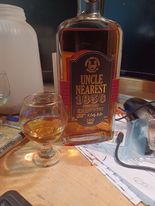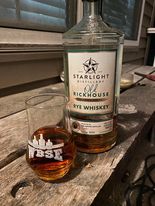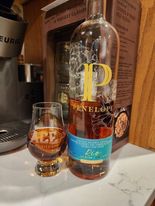Chances are if you are reading this magazine, if you are reading this particular article, then you are familiar with the concept of independent bottling. That said, even among whisky aficionados, misconceptions abound in regards to independent bottlers. Their history and importance are frequently misunderstood, and thus for many people, independent bottlings are not yet their cup of tea, er, dram of whisky.
I am an independent filmmaker and currently producing on the upcoming companion piece to The Water of Life about, you guessed it, independent bottling. And so, a primer from my experience.
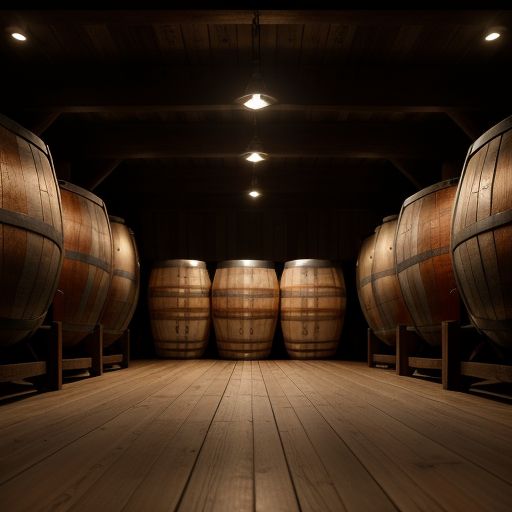
First off, just what is an independent bottler, anyway? An independent bottler is a company that buys casks of Scotch whisky from distilleries, whisky brokers, or even other independent bottlers and then releases it themselves. These casks may contain new make spirit or whisky that has already aged many years and is ready to bottle. Usually the independent bottler will allow the whisky to undergo additional maturation, frequently recasking and introducing a specific cask finish. The final product may be put into a blend or put out as a single malt, with the latter sometimes sold in single cask offerings. Single malt independent bottlings may or may not include the distillery’s name on the label. Whether one does or not stems from the contractual relationship between the bottler and the distillery. Many distilleries will gladly sell the whisky to an independent bottler but not permit the distillery’s name to be included on the label, for any number of reasons.
The key point is that independent bottlers release whisky they did not distill themselves.
The origins of independent bottlers can be traced almost uniquely to the world of Scotch whisky, although now independent bottling has branched forth into other spirits ranging from rum to brandy. Independent bottling exists in America in a slightly different form, such as with MGP-sourced bourbon and rye. MGP Ingredients owns several bourbon brands of its own. But it also sources whiskey for countless others, both by selling stock bottled with or without refinishing in other casks (similar to the Scotch model) but also producing whisky to spec for bottling by other companies. Same overall flow of liquid, but a different relationship between distiller and bottler.
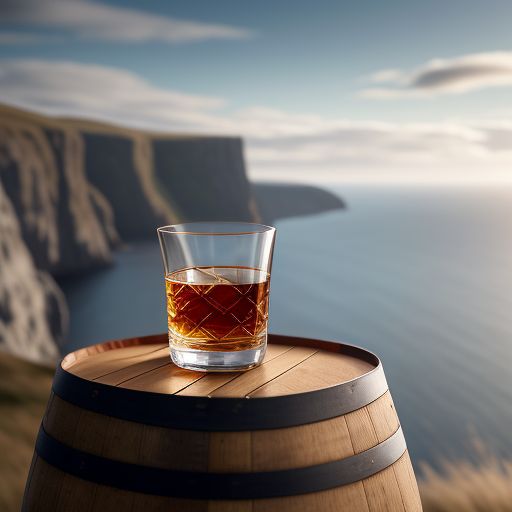
The closest long-standing analogue in other styles of alcohol is the négociant system in Burgundy. Négociants (the word means trader in French) buy wine in bulk that they bottle and sell. Traditionally négociants did not make any adjustments to the wine, although in recent years that has changed, putting them more in line with whisky’s independent bottlers. (Going even further, négociant-éleveurs buy grapes and/or unfermented wine juice and thus move into the actual winemaking process).
Independent bottlers are not the same as white-label bottlers, but they can be both. Some do indeed white-label bottle grocery-store and big-box brands in addition to putting out their own releases. But that is the central characteristic separating an independent bottler from simply a white labeler–an independent bottler releases its own products under its own name, and those bottlings represent and exemplify the company’s craft. An independent bottler’s reputation and continued existence are thus contingent on the quality of the liquid contained within each release.
That leads us to one of the most common consumer misconception about independent bottlings: that the quality suffers in comparison to official bottlings–part and parcel with the first of the two big “Why?” questions: why are independent bottlings worth seeking out and adding to your whisky library? Far from being inferior whisky that the distilleries dump because it does not meet their standards, the whisky may be sold to independent bottlers for any number of reasons, ranging from having produced more than they can release themselves or sell into big blends, to absolutely wonderful casks that, because of each cask’s uniqueness, simply does not fit the flavor profile the distillery requires for its official bottlings, but would still make an excellent release. Indeed the competition for buying up whisky from distilleries has reached such a fever pitch that the price of casks has skyrocketed, when they are available at all.
Independent bottlings should be thought of as counterparts to official bottlings: a different look, another take, an alternate expression. Many official bottlings still check in at 40% ABV, so they have to be chill-filtered to remove flocculation, losing those extra flavor compounds. The majority of independent bottlings are not chill-filtered, clocking in at 46% ABV and higher. At the extreme end of the spectrum, single-cask offerings are usually released at cask strength. Since independents do not have to target a specific flavor profile that a far-reaching consumer base expects to remain consistent year-in and year-out, they have greater freedom to release what they want, when they want, with each release being unique. Working with much lower volumes than official bottlings, the independents also have greater flexibility to experiment, particularly with unique cask finishes.
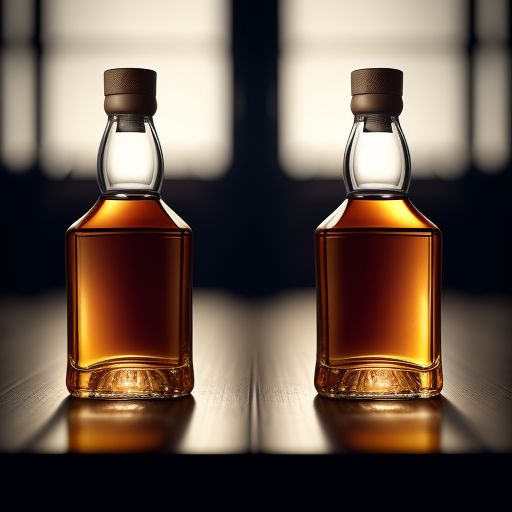
Independent bottlings tend to be the equal of official bottlings in every way…save for when they surpass them. Depending on whom you ask, they not only often do, they usually do.
Of course, when an independent release does turn out badly, that bottler is likely not working with that distillery again. No distillery wants another company to sully their name, and even when the distillery’s name is not on the bottle, what is inside is often common knowledge. Independent bottlers simply cannot afford to release lesser quality offerings if they hope to stay in business–their reputation is everything.
I did mention two big “Why?” questions. The other, of course, is why independent bottlers? Why do they exist at all? But for that you have to wait to my next article, “A Brief History of Independent Bottling.” This is the first in a series I will be writing about the wonderful world of “IBs,” so stay tuned!






